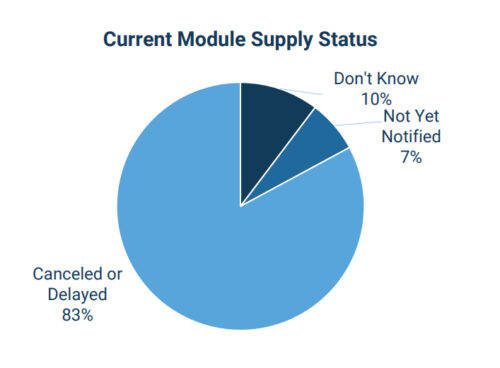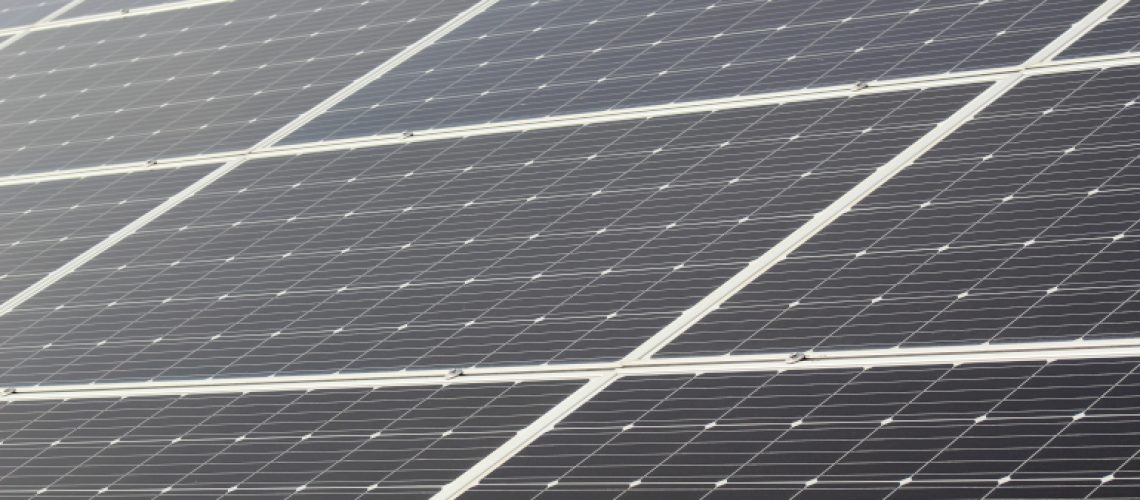Solar installation forecasts for 2022 and 2023 are being cut by 46% due to the Biden Administration’s circumvention case against solar imports from Southeast Asia. According to new analysis by the Solar Energy Industries Association (SEIA), the case will result in a drop of 24 GW of planned solar capacity over the next two years, which is more solar than the industry installed in all of 2021.
“If tariffs are imposed, in the blink of an eye we’re going to lose 100,000 American solar workers and any hope of reaching the President’s clean energy goals,” said SEIA president and CEO Abigail Ross Hopper. “This would be a monumental loss for our nation, which has the potential to lead our clean energy future, with the right policies. Instead, the Commerce Department is on track to wipe out nearly half of all solar jobs and force a surrender on the President’s climate goals.”
Clean energy advocacy group American Clean Power Association (ACP) released its own report last week also predicting 24 GW of lost solar capacity but only 38,000 job losses.

Have you received
indication that your expected module supply has been delayed or canceled? (SEIA survey: April 26, 2022 with 730 responses)
SEIA has also released more findings from its survey to members, now with more than 700 reporting. (See the report here.)
A total of 318 projects accounting for 51 GW of solar capacity and 6 GWh of attached battery storage are being canceled or delayed. Fully $52 billion of private investment is at risk. In addition, 70% of survey respondents report that at least half their solar and storage workforce is at risk and more than 200 companies report that their entire workforce is at risk.
“This case is destroying clean energy, and needlessly taking down American businesses and workers in its wake,” added Ms. Hopper. “It’s unfathomable that the President would allow his own administration’s actions to be the downfall of his clean energy vision.”
The gap to reaching President Biden’s clean energy goal has never been larger. By 2025, imposition of tariffs will cause solar capacity to fall 75 GW short of the pace needed to reach the president’s goal, equal to the size of the entire U.S. solar market prior to 2020.



